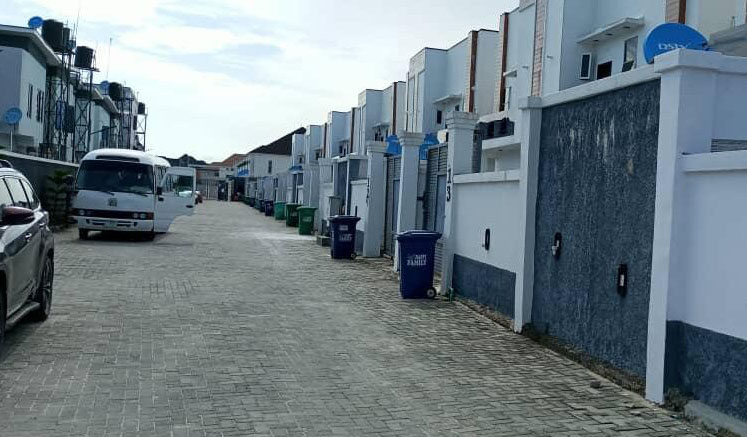
The recent spike in real estate demolitions across Nigeria has raised concerns about lax adherence to legal and regulatory provisions in the industry.
Property owners in prominent areas like Lekki and Festac Town in Lagos, as well as Abuja, have been caught off guard by demolition notices, highlighting the need for awareness and adherence to legal requirements in property acquisition and development.
Speaking at a webinar “Legal and Regulatory Issues in Real Estate Development – The Need for Compliance,” The Managing Partner, Ubosi Eleh and Company, Chudi Ubosi, emphasised the importance of following proper procedures throughout the property development process. “Reasons for demolitions range from legal disputes to violations of zoning regulations and substandard construction practices,” he stated.
Ubosi outlined the critical steps in property acquisition and development to ensure compliance with legal and regulatory frameworks. He stressed the importance of acquiring land through legitimate channels and obtaining the necessary title documents, such as Certificates of Occupancy, Governor’s consent, or Deeds of Assignment.
In cases involving government allocation, securing allocation letters and settling dues demonstrate acceptance. Additionally, purchase receipts and registered survey plans (where applicable) are essential.
Moving on to development procedures, he underlined the importance of understanding zoning regulations. Developers should collaborate with registered and qualified professionals to prepare documents required for development permits. These documents include building drawings, structural, electrical, and mechanical engineering drawings, Environmental Impact Assessments (EIAs), soil tests, Land Use Planning Analysis Reports, and relevant title and tax documents.
“Building and planning authorities scrutinise submitted documents, often requesting amendments before granting provisional approvals. However, the payment of fees does not equate to final approval,” he added.
Ubosi further highlighted the importance of adhering to building control measures and regulatory inspections throughout construction. Transparency is crucial, with a Contractor’s Board displayed on-site showcasing the qualified professionals overseeing the project.
Government agencies like the Lagos State Building Control Agency (LASBCA) actively monitor ongoing developments to ensure compliance and issue a Certification of Completion and Fitness for habitation and Use on completion of the project. Institutions like the Lagos State Material Testing Laboratory (LSMTL) play a vital role by testing construction materials on-site to prevent building collapses.
“While these procedures may seem bureaucratic, they ultimately benefit professionals, developers, and end-users,” according to Ubosi.
Unfortunately, some developers resort to bypassing these regulations, using substandard materials or encroaching on setbacks, which compromises safety and the integrity of the development process. These actions not only undermine the integrity of the project but also pose serious risks to the community.
Ubosi stressed that compliance with legal and regulatory requirements “is crucial as it not only protects against demolitions but also fair compensation if the government requires the property for public good or right of way.”
He said: “A major fulcrum of compliance is not only to employ the right professionals but to take their advice regarding the project.
“However, many Nigerians worry more about professional fees to be paid which are usually pittances compared to the added value and cost savings they bring to developments.”






